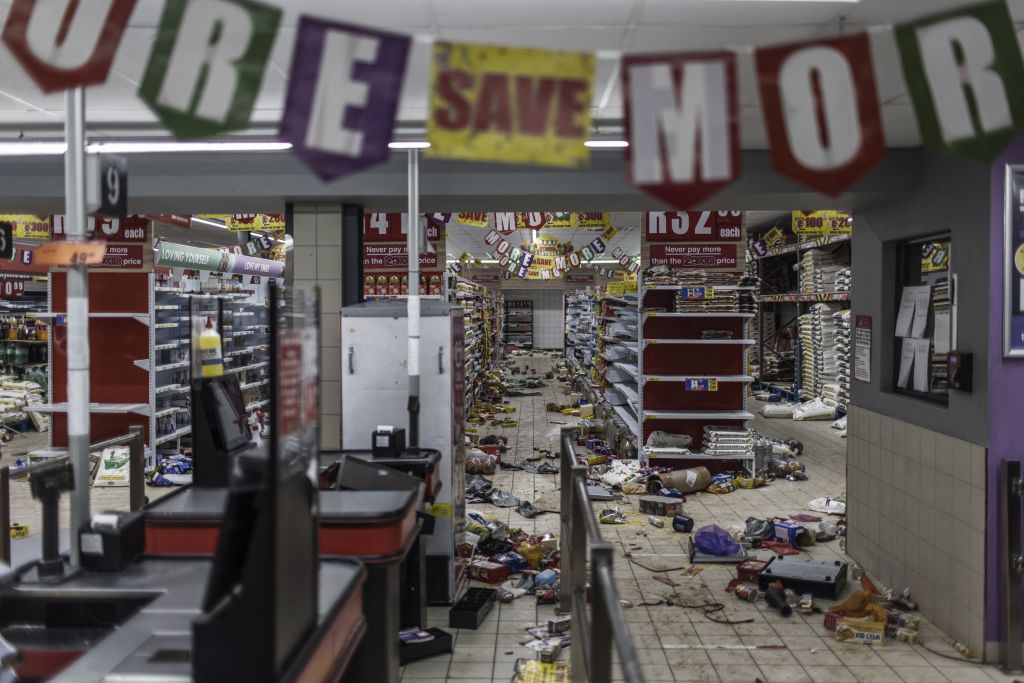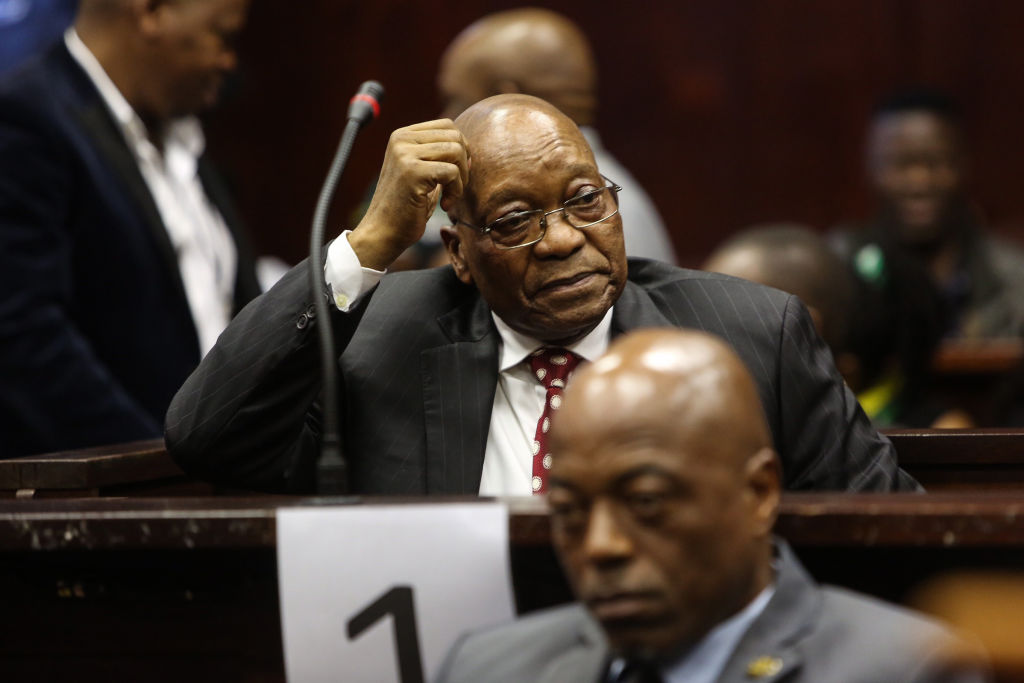- Monday, April 28, 2025

By: Shubham Ghosh
THE Phoenix township in the city of Durban in South Africa was tense on Thursday (15) following the killing of 15 people in the ongoing clashes in the country. Inter-communal relations between black South Africans and their counterparts of Indian heritage in the area were far from calm, AFP reported. The hashtag #PhoenixMassacre was also trending on Thursday.
South Africa’s police minister Bheki Cele said the problem in Phoenix was between Africans and Indian South Africans, Nazareen Ebrahim, a media and communications specialist who resides in Phoenix, told CapeTalk radio station that fake news and paranoia were fueling the racial tensions more.
ALSO READ: South Africa violence: India-origin doctor writes to Indian news outlet for help
Misizulu Zulu, the new Zulu king, said the Indian nation in KwaZulu-Natal (KZN) province is the second largest outside India while appealing to his community for peace. Racial tensions were sparked by public violence and vandalism of shopping centres and outlets in KZN this week that led to the loss of lives. On Thursday (15), the death toll in South Africa’s unrest reached 117.
Khumbudzo Ntshavheni, the acting minister in the presidency, told the media that KZN, the epicentre of the violence, remained “volatile” while Johannesburg, South Africa’s economic capital, was “relatively calm”.

The unrest in the African nation started last week following the imprisonment of former president Jacob Zuma, who has been accused of corruption. The riots started in Zuma’s home province KZN where he is serving a 15-month sentence for contempt of court after failing to appear for a corruption inquiry. The disturbance later spread to other provinces like Gauteng, Mpumalanga and Northern Cape.
On Thursday, the authorities called the army reserves to quell looting which many fear could lead to shortages of food and other commodities and adversely impact the economy. Warehouses and stores in Johannesburg and KZN have been ransacked during the riots, devastating supply chains on which food, fuel and medicines depend in what is Africa’s most industrialised economy.
South Africa’s defence, security and police ministers besides top army generals were sent to KZN to assess the situation and monitor the extra forces that have been deployed, the AFP added. On Wednesday (14), the South African government said it would call around 25,000 troops to deal with the situation, 10 times the number that was initially deployed.
Local people have also formed vigilante groups to safeguard property and infrastructure in their neighbourhoods. “We have lived in peace for many years alongside them. Therefore I ask: Let us be understanding and thoughtful towards each other,” AFP quoted them as saying.